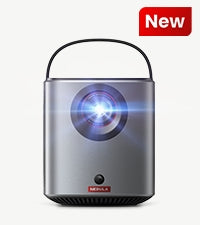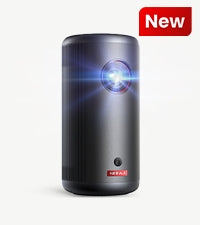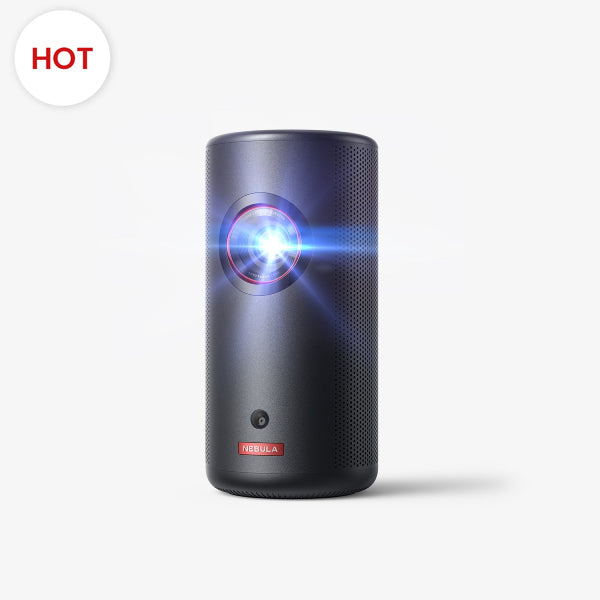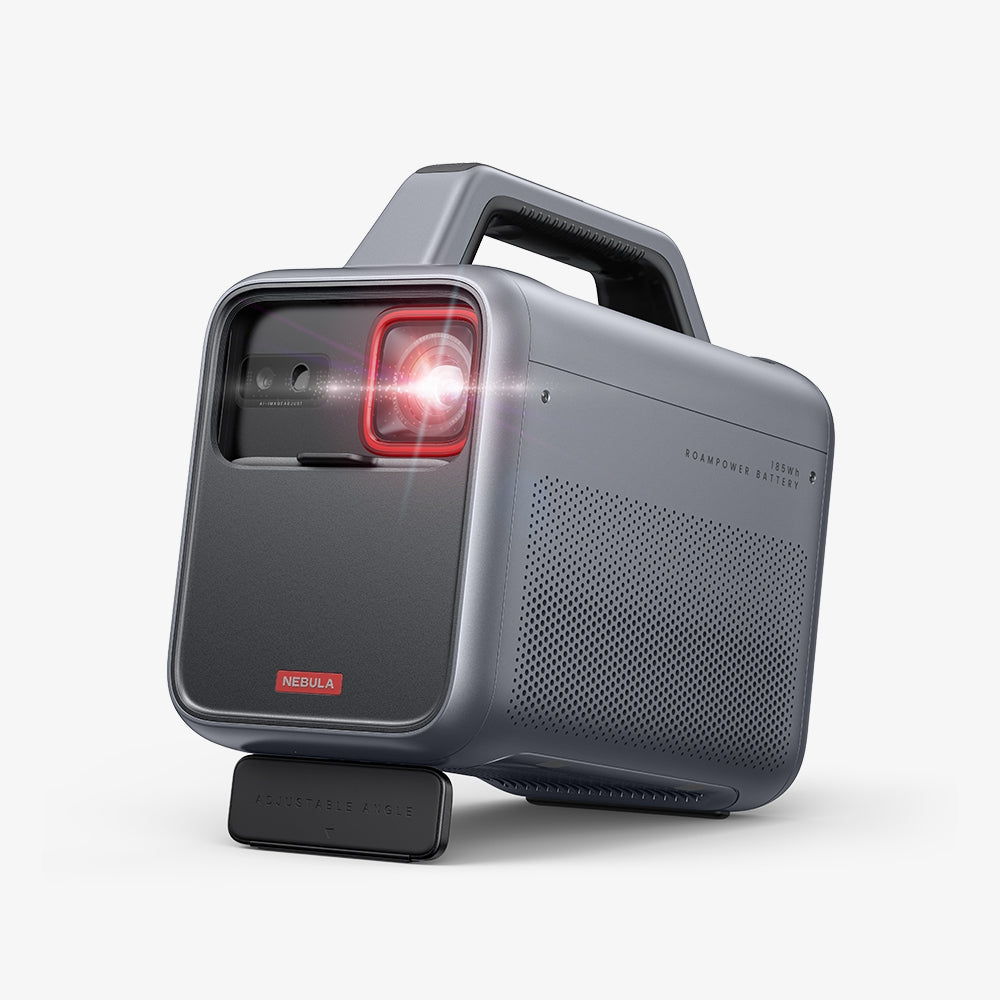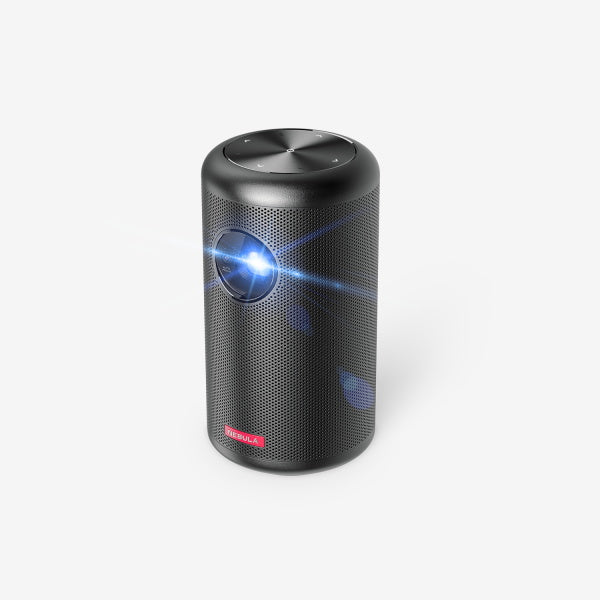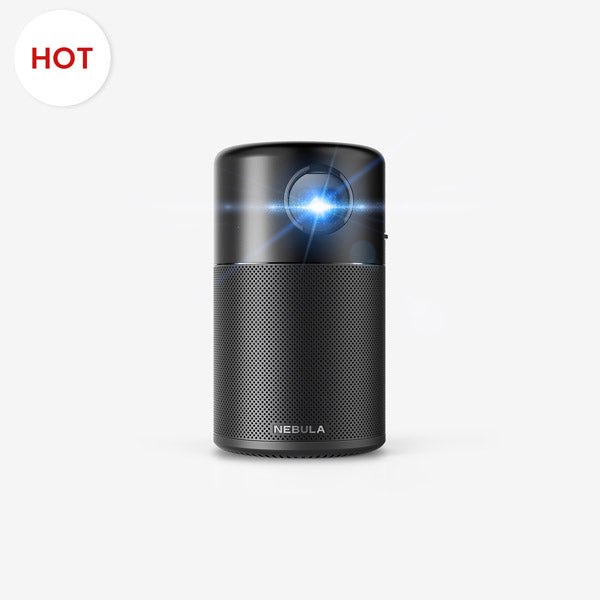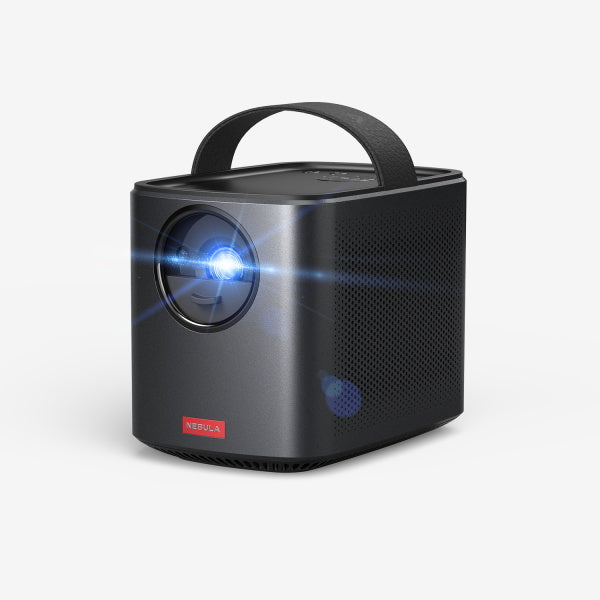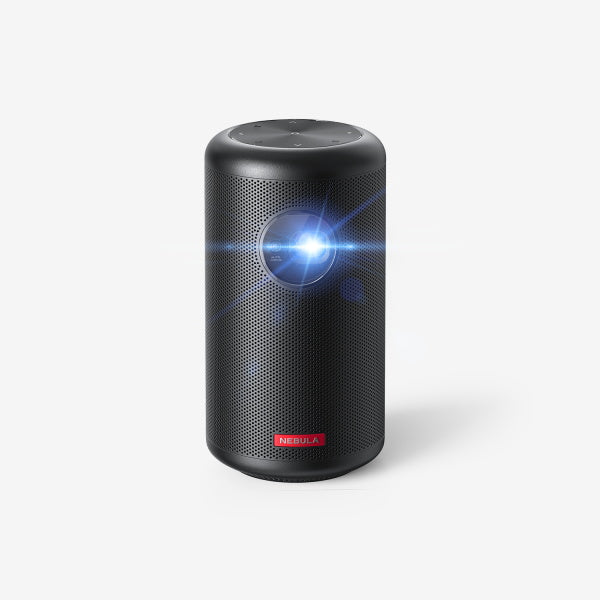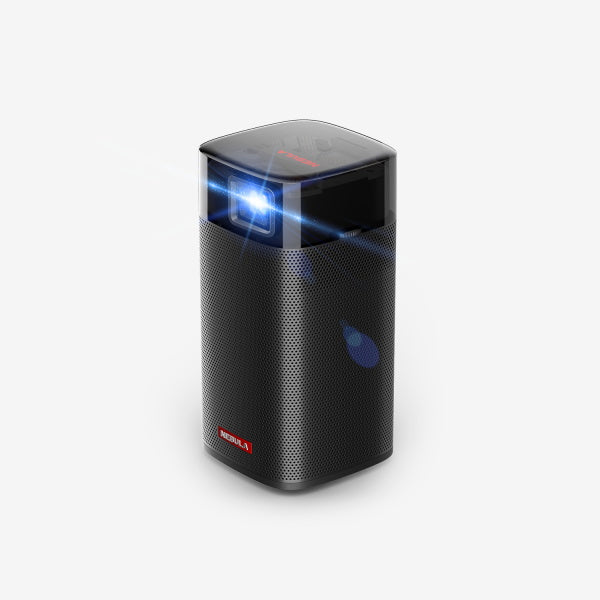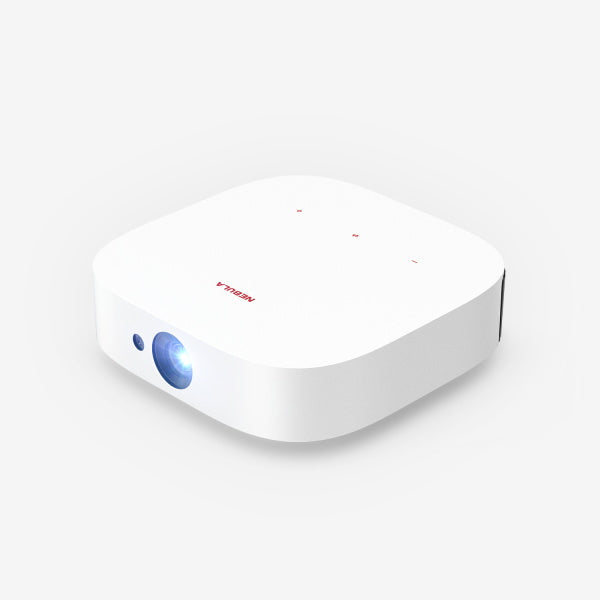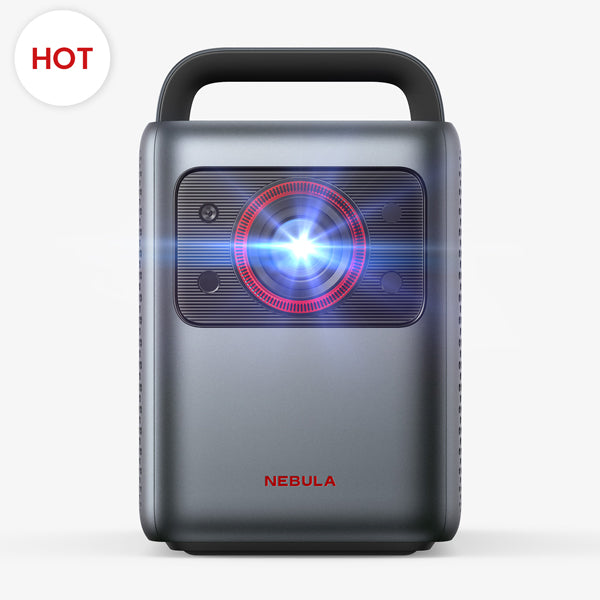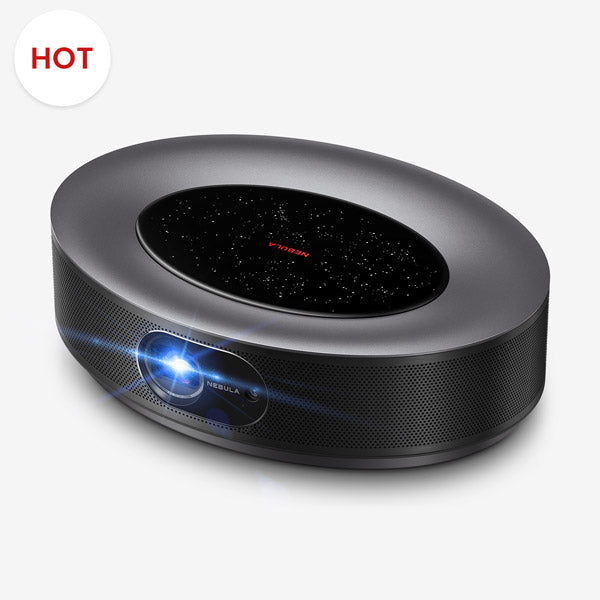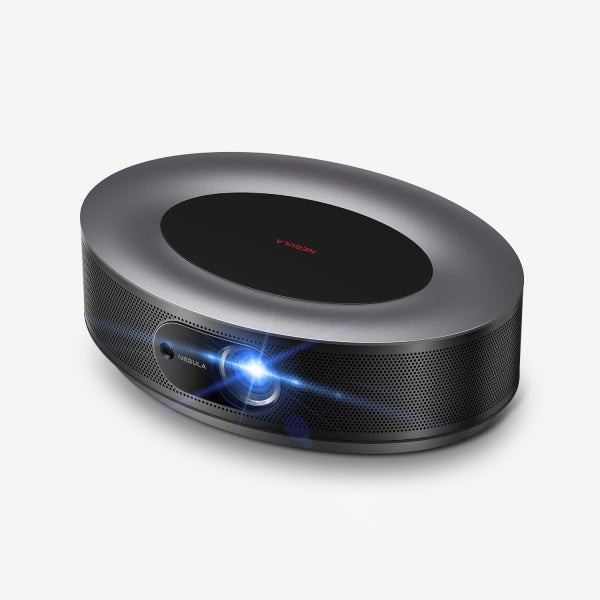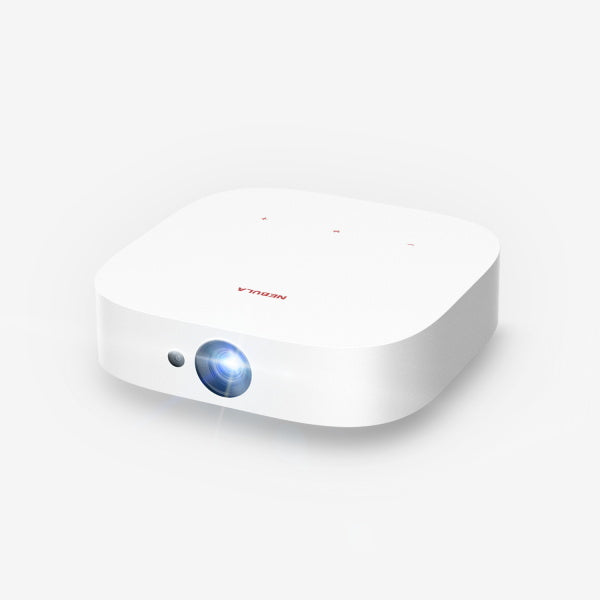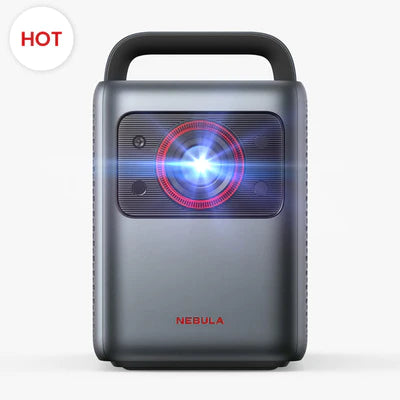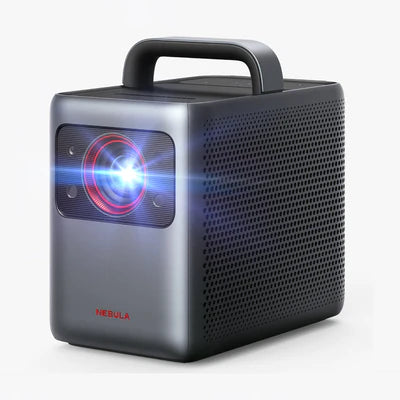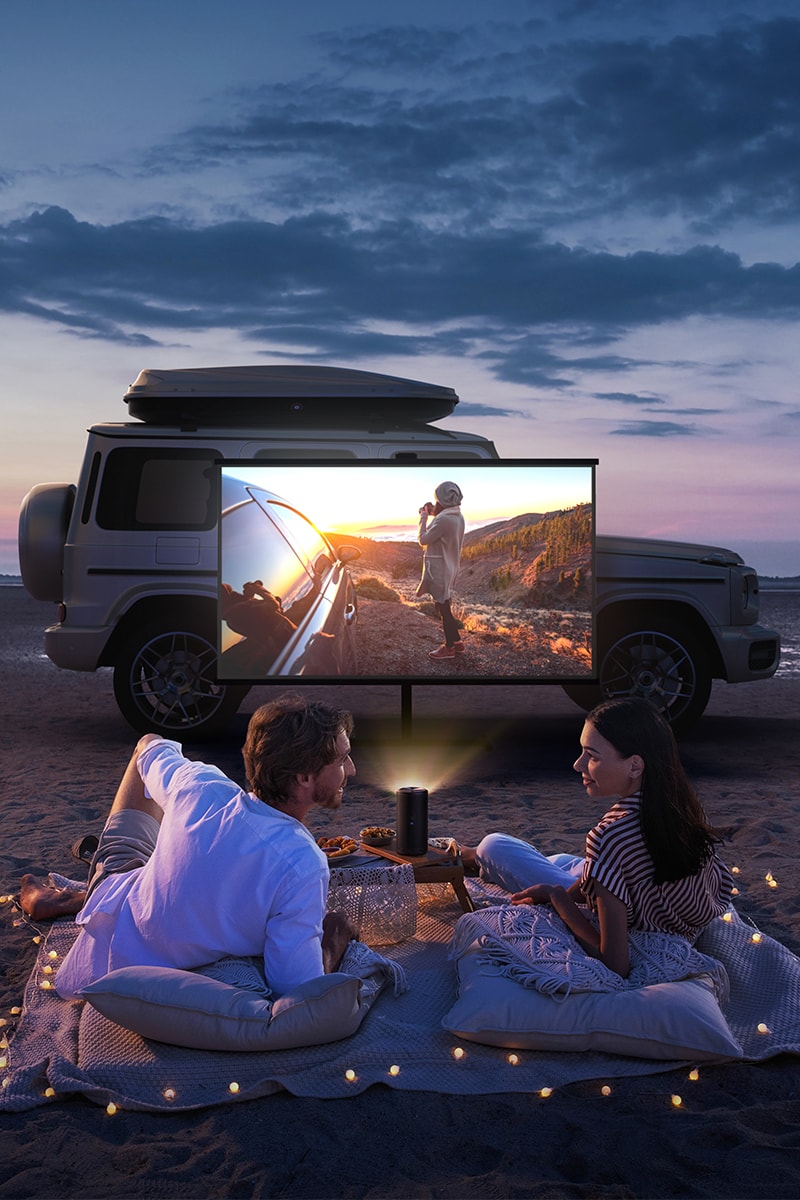When it comes to immersive viewing experiences, two resolutions often take center stage: 720p, referred to as HD (High Definition), and 1080p, known as FHD (Full High Definition). Sporting striking differences, both lay claim to varying degrees of image crispness, detail, and clarity. Examining the intricacies between the two (720p vs 1080p) reveals a vast spectrum of features, performance considerations, and user preferences, all shaping our encounter with everyday digital media. This dive into the specifics of FHD vs
HD resolutions will discern their differences and explore their unique character, without veering onto a path of pixel-dense jargon.
What is
HD
What does HD stand for? What is 720p resolution? HD means/stands for "High Definition", which refers to a resolution of 1280x720 pixels, also known as 720p. It offers a significantly improved image quality compared to standard definition resolutions (SD). With HD, you get increased sharpness, color accuracy, and brightness.
Pros
-
HD provides better image quality than SD, enhancing video as well as images with more clarity and detail.
-
The 16:9 aspect ratio of HD screens provides a broader view, making it ideal for watching movies and playing video games.
-
Between FHD versus HD, an HD resolution on TVs and monitors are often more affordable compared to FHD (Full High Definition) or higher-resolution devices.
Cons
-
HD offers a lower resolution than FHD (1920x1080) in the match of HD vs FHD, meaning it won't deliver the same level of detail and sharpness.
-
As technology advances, HD may become outdated, with FHD and higher resolutions becoming the new standard.
What is FHD
What resolution is 1080p? Full High Definition or FHD meaning refers to a resolution of 1920x1080 pixels, also known as 1080p. It offers even better image quality compared to HD, providing higher sharpness, more accurate colors, and smoother video playback.
Pros
-
FHD delivers almost twice the resolution of HD, resulting in more detailed, sharper, and clearer images or videos.
-
Between HD vs Full HD, many video games are optimized for FHD, providing a more immersive experience with better graphics and performance.
-
FHD is currently a prevalent resolution supported by most video streaming platforms and gaming consoles, offering a wide range of high-quality content.
Cons
-
FHD TVs and monitors can be more expensive than their HD counterparts, although prices continue to decrease as technology evolves.
-
Rendering FHD and higher-resolution content consumes more resources, necessitating better hardware in TVs, computers, and gaming consoles.
Differences Between FHD and HD
1. Resolution
The primary difference between 720p and 1080p is the resolution. FHD has a higher resolution (1920 x 1080 pixels) compared to HD (1280 x 720 pixels). This results in more detailed images and sharper picture clarity in FHD.
2. Pixel Density
Another difference between HD and Full HD is the pixel density. FHD displays have higher pixel density, resulting in improved image quality with minimal pixelation when viewed from closer distances.
3. Content Compatibility
While many content providers and streaming services currently support both FHD and HD, the trend is shifting towards FHD and higher resolutions, making FHD devices more future-proof.
4. Price and Accessibility
HD display and projector devices are generally more affordable than FHD options, providing a cost-effective solution for users who prioritize budget over maximum image quality.
Bonus: Nebula HD & FHD Projectors
For those in search of 720p HD clarity, look no further than our Nebula
HD Projector range. We deliver visually captivating, true-to-life visuals in a remarkably compact design. With us, you experience the essence of portability without any sacrifice to the richness and quality of the content.
Some of the key advantages of Nebula HD Projectors:
-
Delivers sharper, high-resolution images.
-
Wide range of connectivity options, including HDMI, USB, and Wi-Fi.
-
Variable projection sizes suitable for versatile setups.
-
A built-in speaker delivers high-quality audio.
-
User-friendly interface and remote access functionalities.
Bringing together an outstanding HD display capability and high portability, the Nebula HD Projectors offer a complete solution for your home, office, and anywhere you wish to carry your cinematic experiences.
Embrace the new age of visual experience with us, the Nebula FHD projectors! Our lineup of
FHD projector &
gaming projector delivers a superior viewing experience thru focusing on crystal-clear 1080p resolution, compact design, and smart functionality.
Other key highlights include:
-
Nebula FHD projectors deliver bright, detailed, and vibrant images for an immersive viewing experience.
-
With built-in smart movie apps, navigation is easy, and streaming becomes a breeze.
-
With their portable and modern design, Nebula projectors not only deliver in terms of performance but also in style.
So why wait? Elevate your visual experience to the next level with Nebula FHD projectors – a perfect balance of performance, accessibility, and style.
Conclusion
Wrap up your screen resolution debate with this final thought: Whether you’re a cinephile demanding crisp details or a casual viewer, the call between 720p vs 1080p boils down to personal preference and purpose. High Definition has never been more accessible, more affordable - but remember, a true display experience transcends mere pixels. So, HD or FHD, choose wisely for an optimal watching journey.
FAQ
Below are some frequently asked questions about 720p vs 1080p.
Which is good for gaming: FHD or HD?
Is FHD better than HD? For gaming, Full HD (FHD) is preferred over HD. FHD, with a resolution of 1920x1080 pixels, offers superior detail, more workspace on your screen and yields sharper images, which can significantly enhance the gaming experience. HD, with a resolution of 1280x720 pixels, does not deliver as much detail as FHD. Therefore, games can appear pixelated or less defined in comparison.
Is FHD good enough for a projector?
Yes, Full HD (FHD) is good enough for a projector. With its resolution of 1920x1080 pixels, FHD can provide clear, sharp, and detailed images. It's suitable for regular home theater setups where viewers sit a good distance away from the screen. However, for larger screens or more professional cinema-grade setups, 4K resolution could be a better choice as it can provide even greater detail and clarity.











